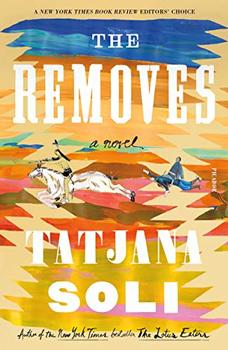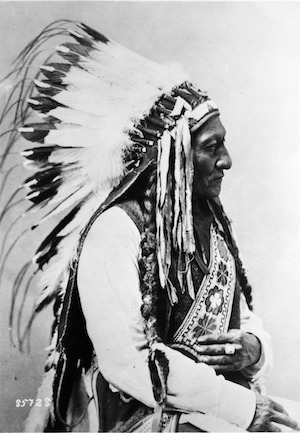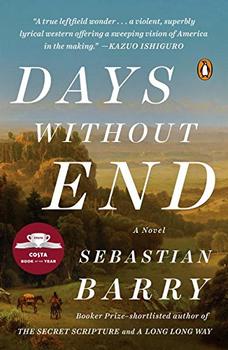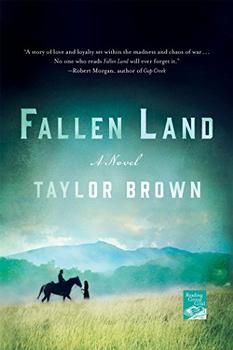Summary | Excerpt | Reading Guide | Discuss | Reviews | Beyond the book | Read-Alikes | Genres & Themes | Author Bio

As the first wave of pioneers travel westward to settle the American frontier, two women discover their inner strength when their lives are irrevocably changed by the hardship of the wild west.
Spanning the years of the first great settlement of the West, The Removes tells the intertwining stories of fifteen-year-old Anne Cummins, frontierswoman Libbie Custer, and Libbie's husband, the Civil War hero George Armstrong Custer. When Anne survives a surprise attack on her family's homestead, she is thrust into a difficult life she never anticipated - living among the Cheyenne as both a captive and, eventually, a member of the tribe. Libbie, too, is thrown into a brutal, unexpected life when she marries Custer. They move to the territories with the U.S. Army, where Libbie is challenged daily and her worldview expanded: the pampered daughter of a small-town judge, she transforms into a daring camp follower. But when what Anne and Libbie have come to know - self-reliance, freedom, danger - is suddenly altered through tragedy and loss, they realize how indelibly shaped they are by life on the treacherous, extraordinary American plains.
With taut, suspenseful writing, Tatjana Soli tells the exhilarating stories of Libbie and Anne, who have grown like weeds into women unwilling to be restrained by the strictures governing nineteenth-century society. The Removes is a powerful, transporting novel about the addictive intensity and freedom of the American frontier.
The Removes will appeal to those who enjoy historical fiction, particularly those interested in America's Old West and the conquering of the frontier. This well-written novel would make a great book group selection as well; Soli's attention to historical detail is a stand-out, and many of the questions she raises about the settling of The Great Plains remain relevant today...continued
Full Review
 (750 words)
(750 words)
(Reviewed by Kim Kovacs).
 Tatjana Soli's historical fiction novel, The Removes, culminates at Custer's Last Stand, a battle between the U.S. 7th Cavalry and Native American tribes that took place near the Little Bighorn River in Montana in 1876. Sitting Bull was the chief of the entire Sioux nation at the time, and his vision of success over the soldiers spurred his warriors on to victory.
Tatjana Soli's historical fiction novel, The Removes, culminates at Custer's Last Stand, a battle between the U.S. 7th Cavalry and Native American tribes that took place near the Little Bighorn River in Montana in 1876. Sitting Bull was the chief of the entire Sioux nation at the time, and his vision of success over the soldiers spurred his warriors on to victory.
Sitting Bull was born in 1831 in the Grand River Valley (now South Dakota). He was a member of the Hunkpapa Lakota tribe, which in turn is part of the Sioux Nation. He was named Jumping Badger at birth, but also nicknamed Hunkesi – "Slow" – because of his thoughtful, deliberate nature, evident at an early age. At age 14 he joined his first war party against ...

If you liked The Removes, try these:

by Sebastian Barry
Published 2017
Moving from the plains of Wyoming to Tennessee, Sebastian Barry's latest work is a masterpiece of atmosphere and language. An intensely poignant story of two men and the makeshift family they create with a young Sioux girl, Winona, Days Without End is a fresh and haunting portrait of the most fateful years in American history and is a novel never ...

by Taylor Brown
Published 2017
Searching for a home in a ravaged landscape, two star-crossed lovers flee a ruthless band of bounty hunters, from the Blue Ridge Mountains of North Carolina to Sherman's March through Georgia in the final years of the Civil War.